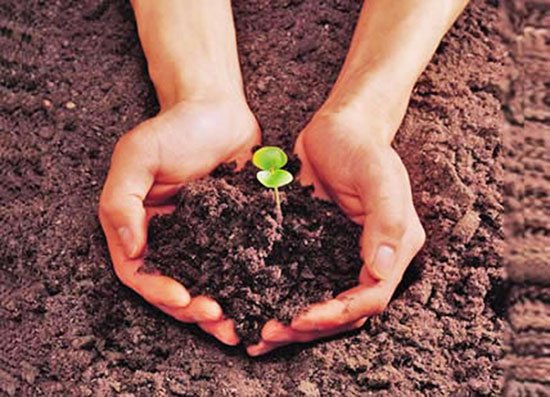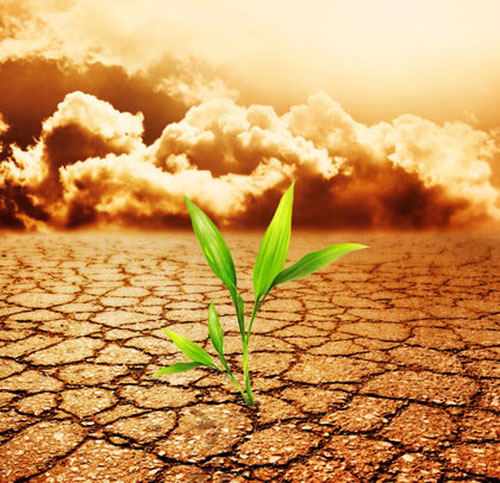|
from PreventDisease Website
The platform will allow
food producers in similar climates abroad to assess the long-term
impact of these farming techniques and the merits of applying them
to their own crops.
Since the introduction of
the
Nitrates Directive in 1991, the EU
has limited the use of chemical fertilizers. In contrast, China's
wheat fields rely on chemical inputs, which gradually erode the
quality of their soil.
Likewise, the app allows
vast testing facilities in China to share their results with EU
researchers on emerging environmentally-friendly farming techniques.
Harvests vary each year depending on uncontrollable variables such as pest invasions and the weather. At present, agricultural records tend to be local and fragmented.
Few farmers test their own soil and each country adopts its own metrics to evaluate field outputs and soil quality.
Tools like iSQAPER are bringing big data within reach of agronomists for the first time.
The iSQAPER consortium will test its app across 14 sites in the EU and China before releasing a full beta version this summer.
If the right testing standards and data ownership measures can be introduced, these measurements could turn into the first truly representative data sample on global soil.
An archive on this scale would prove useful to check the effectiveness and sustainability of different farming techniques.
It's a perspective that is urgently needed.
According to Professor Oene Oenema at Wageningen Environmental Research, an increasing use of machinery, chemical fertilizers and pesticides in modern-day farming could be masking a worrying decline in soil quality.
In China and other major food markets, the solution has long been to increase the dose of chemical fertilizers and pesticides.
This ticking time-bomb
places future agricultural yields at risk.
These involve, for instance,
The Food and
Agriculture Organization of the United Nations (FAO) estimates
that
95% of our food is directly or indirectly
produced on soils and the vast majority of food-producing
plants need healthy soil to grow.
Soils are one of the largest carbon storage areas on Earth, holding about twice as much organic carbon as above-ground vegetation, except in tropical ecosystems.
Poor soil quality could
not only reduce this function but also lead to a greater incidence
of diseases such as
tetanus or parasites such as
hookworm...
|



